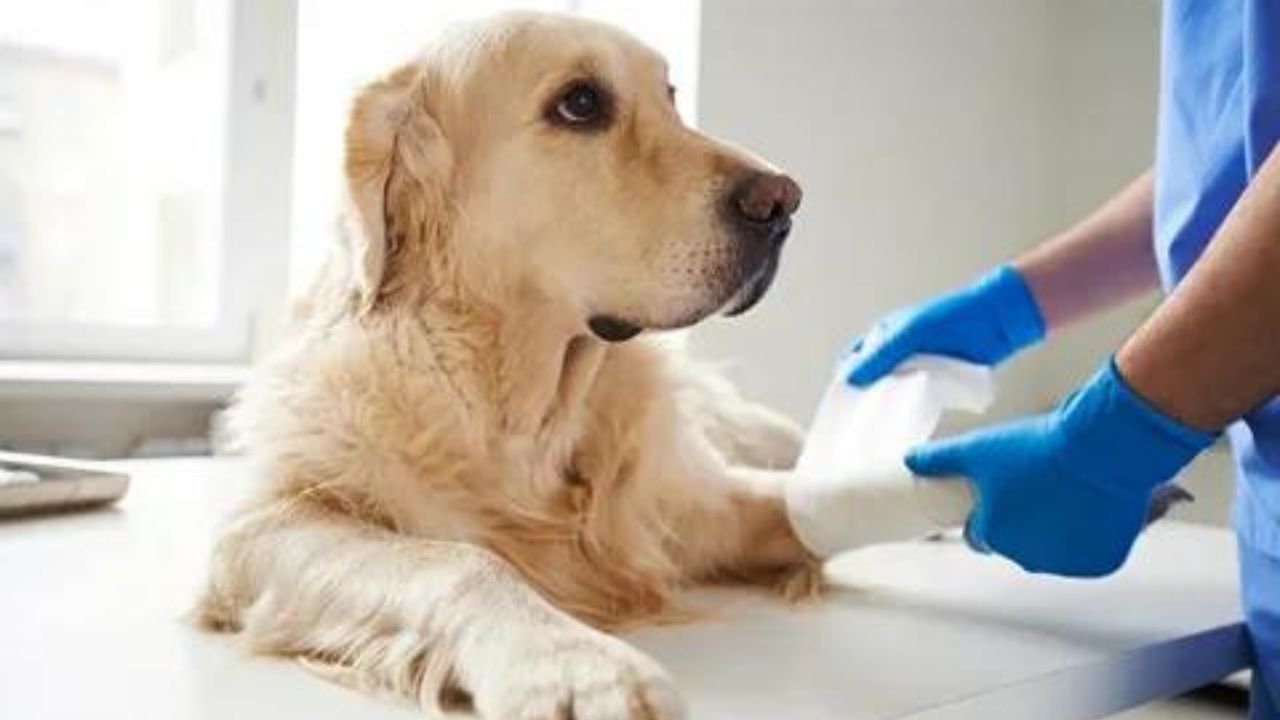
Millions of homes worldwide benefit greatly from the company and unending delight that pets provide. But it also entails a financial obligation that can occasionally be overwhelming. The expenditures of taking care of a pet can mount up rapidly, from food and grooming to doctor visits and insurance. It makes sense that owners of pets would want to know if some of these costs are tax deductible. In this comprehensive guide, we’ll explore the intricacies of pet care expenses and the potential for tax deductions.
Tax Deductions
It’s important to comprehend how tax deductions operate before getting into the mechanics of pet care deductions. Tax deductions essentially lower your taxable income, which lowers your tax liability. There are two types of deductions: “above the line” and “below the line.”
To compute your adjusted gross income (AGI), deduct the above-the-line deductions from your gross income. Then, subtract the below-the-line deductions from your AGI to find your taxable income.
Common Tax Deductions
Contributions to health savings accounts (HSAs), retirement funds, and the cost of self-employed health insurance are examples of common above-the-line deductions. Certain medical bills, charity contributions, and mortgage interest are examples of below-the-line deductions. Nonetheless, many costs are not tax deductible, and the Internal Revenue Service (IRS) establishes precise standards for what constitutes a valid deduction.
Pet Care Expenses and Tax Deductions

Generally speaking, the IRS does not permit deductions for regular costs related to pet ownership when it comes to pets care expenses. This covers costs for regular supplies, pet food, and grooming. Since they are regarded as personal costs, there is no tax deduction available for them.
However, there are some situations where pet-related expenses may qualify for tax deductions:
Service Animals
Medical expenditures may be deducted for costs associated with service animals that are trained to help people with impairments. This covers the price of obtaining, educating, and caring for the assistance animal.
Guard Dogs
If you are a company owner and keep a guard dog on your property for protection, you might be able to claim the costs of upkeep and care for the dog as a business expenditure.
Foster Pets
Some costs related to caring for foster dogs, such as food, veterinary treatment, and transportation, may be deductible for those who foster animals via an approved charity organization.
Working Animals
Animal-related costs may be written off as regular and essential business expenditures in a trade or enterprise. Expenses for farm animals employed in agricultural operations, such as horses or cattle, may fall under this category.
Medical Expenses
If veterinarian costs surpass a certain threshold and are principally used to prevent or treat a physical or mental impairment or sickness, pet owners may be eligible to write off these costs as medical expenditures.
Business-Related Expenses
If your pet’s costs are directly tied to your business, you might be allowed to deduct them in particular circumstances. For illustration, suppose you own a farm or a pet-sitting service. The costs associated with providing for the animals may be deducted as allowable business expenditures.
To be sure you are abiding by the relevant tax laws, it’s critical to maintain documents and speak with a tax expert. Is pet care tax deductible?
Limitations and Requirements
It’s crucial to remember that, even if your pet care costs fit into one of the previously listed categories, you still have to meet a few conditions and limits in order to be eligible for a tax deduction.
For example:
Documentation
In order to substantiate your deduction claims in the event of an IRS audit, you must maintain thorough records of all of your pet-related costs, including invoices and receipts.
Qualifying Expenses
Deductions are only available for costs that are judged essential and closely connected to the qualifying purpose (e.g., medical treatment, business usage).
Reasonableness
The IRS may carefully review pet-related spending deductions to make sure they are fair and not ostentatious.
Consulting a Tax Professional
A trained tax expert or accountant is advised due to the intricacy of tax regulations and the subtleties of pet care deductions.
They may offer tailored advice depending on your unique situation and make sure you take full advantage of any available deductions while adhering to IRS rules.
Conclusion
Pet owners may be eligible to claim deductions for specialized purposes, such as service animals, security dogs, foster pets, working animals, and medical expenditures, even if the bulk of pet care costs are not tax deductible. Documentation is essential for supporting deduction claims, and some stringent guidelines and restrictions must be followed.
As with any tax-related issue, it is strongly advised to consult a professional to properly manage the complications of pet care deductions. Pet owners may make well-informed financial decisions and provide their beloved pets the finest care possible by being aware of the IRS’s laws and standards. Is pet care tax deductible?
FAQ
What are common pet expenses you can write off on a tax return?
Tax deductions are available for costs associated with your pet, such as boarding, grooming, food, supplies, veterinarian bills, pet insurance, and travel expenditures. However, pets may only be claimed on taxes if they meet certain criteria, such as earning money or meeting a medical necessity. Speak with an expert to find out if you may file your dog or cat on your taxes.
What kind of pet-related moving expenses would be tax-deductible?
If you have to relocate for work, you may be allowed to deduct some moving costs (such as professional carrier services, transportable crates, hotel fees, etc.) from your income.
Are pet food and supplies tax deductible?
Pet supplies and food are not tax deductible as they are personal costs. Generally speaking, these costs are not deductible under any circumstances.
Can I deduct expenses for routine veterinary care?
Generally speaking, veterinarian care costs including yearly examinations, shots, and prophylactic drugs are not tax deductible. These are not deductible as they are regarded as typical pet ownership costs.
What documentation do I need to deduct pet care expenses?
To deduct pet care costs, you need to keep thorough records that include invoices, receipts, and proof of the expense’s intended use. In the event of an IRS audit, you must have accurate evidence to support your deduction claims.
Are there any limitations on deducting pet care expenses?
Yes, to be eligible for deductions, some restrictions and conditions must be fulfilled. Expenses must be within IRS criteria, reasonable, necessary, and directly tied to a qualifying purpose (e.g., medical care, business usage). Furthermore, there can be thresholds that must be met to deduct medical costs.







